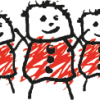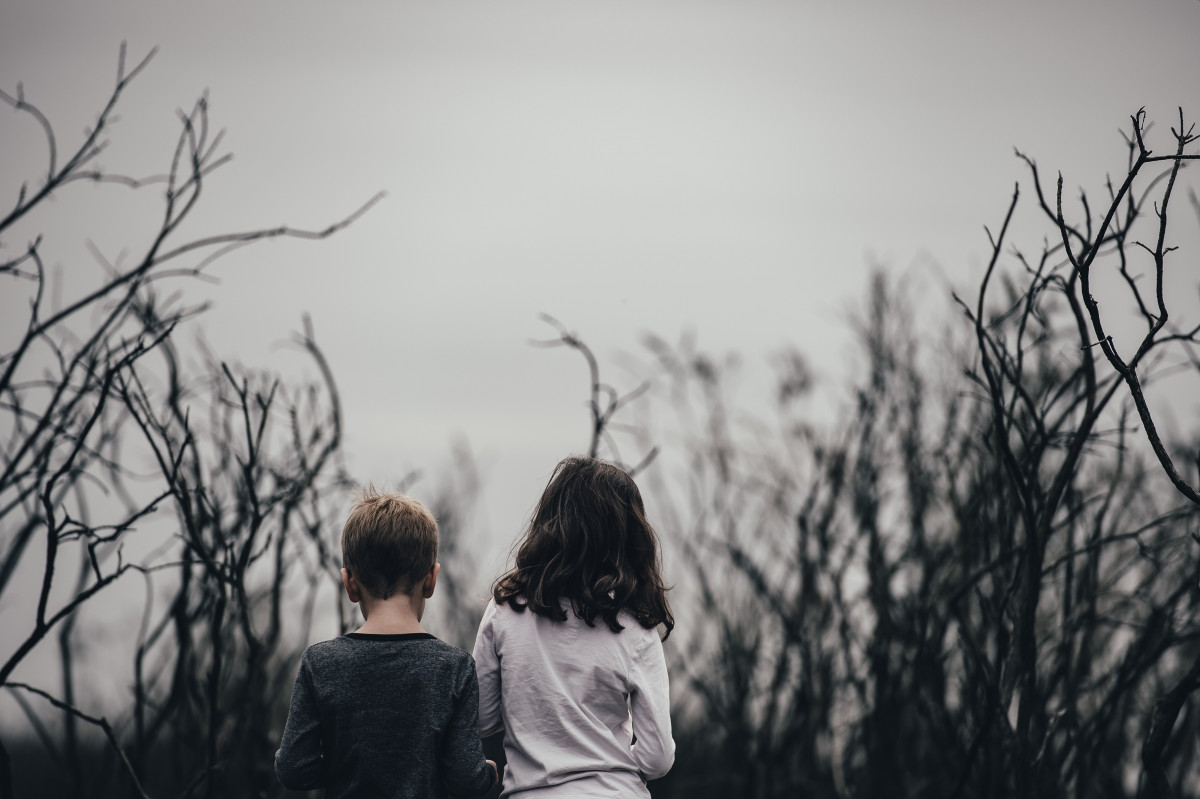
What is life like for kids with rare genetic conditions?

Studies have shown that chronic and rare disease may affect the psycho-social well being of children and also their families. The physical symptoms can be very difficult to handle for a child in early childhood when he/she has to learn to live and cope with pain or fatigue.
They may need constant support at school, or disrupt their education for regular treatments and hospital visits. It is also likely for them not to be able to follow every outdoor activity and feel excluded from the school environment or their friends.
Children with rare diseases may have a greater risk of depression, distress and anxiety. It is also possible to have lower self-esteem. As they grow up they start to understand the difference with other kids and it is very likely for them to experience emotional fatigue, feelings of guilt or sadness if they do not have psychological systematic support. Children need to learn new coping mechanisms to adjust to their situation. The adjustment is not only physical but also psychological.
Therefore it is crucial to have a supportive environment and psychological support, so they can learn to accept themselves as they are strong enough to live as meaningfully as they want. The children’s National Service Framework (NSF) provides us with a new standard in order to make children’s lives easier. We need to "hear children’s voices”, which means that we have to listen to them, consider their opinion as equally important and help them in the areas that they tell us to. This may differ from child to child and that is a key note for this question.
We also need to be prepared for their tough questions and be able to answer them as sufficiently as possible. When working with children with rare genetic conditions, the questions are multiple and urgent. "Why did this happen to me?", "When will I be able to do what other children do?", "When will I be OK and healthy?"
Tough questions indeed. But a child always needs an answer. An accurate and true answer. So, it is our responsibility to provide them with answers, using facts and explaining them the truth. Children are more resilient than adults, and the sooner they know what they are dealing with, the better they will cope with it and find new ways to flourish in their lives.
